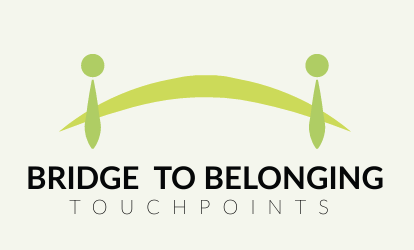We'd love to hear from you!

Bridge to Belonging: Memory Care Program in Denver
Created especially for residents living with mild cognitive impairment and early-moderate dementia who are not ready for a secured Memory Care environment, this structured program offers concierge-level engagement and cognitive stimulation through interesting, fun and stimulating events in an Assisted Living environment. Group members may participate seven days a week from breakfast to dinner, or choose the events and times they prefer.
The goal is to enable each person to engage with their whole self-emotional, intellectual and social-through connection with others in activities and events that are relevant and of interest to them. To have a voice about their journey. To regain a sense of purpose. To find joy in their days.
Through Bridge to Belonging, residents are sharing laughter and finding joy each day. Living the best possible life.
"It has been very stimulating for her...I see her benefiting from it. That is the key thing. She tends to go willingly and happily." - Jerry D., Husband of Participant
LEARNING & COGNITIVE STIMULATION:
Learning new facts and skills they have always wanted to learn, and having new experiences.
INTELLECTUAL CONVERSATIONS:
Participating in conversations about present life while sharing their expertise and wisdom.
MUSIC & MOVEMENT:
Having fun and firing up the brain through music and dance.
EMOTIONAL SUPPORT:
Connecting as a human being with other group members by expressing frustrations, finding a sense of purpose through community service, and gaining insight into their place in the world.
Sample programs include: The Art of Listening to Music, Mind-Body Connection,
World Events Lecture Series, Kindness Kits for the Community, More Than Memory,
and Eating for Better Brain Health.




